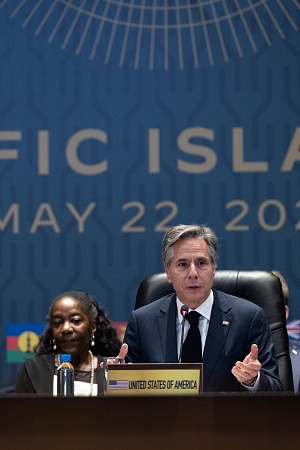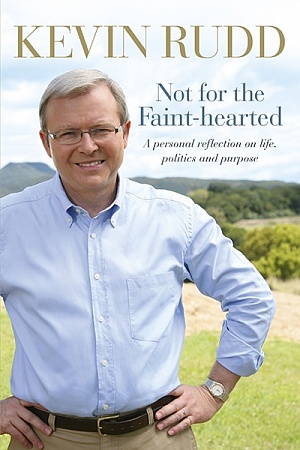Think Again: Contrarian Reflections on Life, Culture, Politics, Religion, Law, and Education
Princeton University Press (Footprint), $69, 448 pp, 9780691167718
Think Again: Contrarian Reflections on Life, Culture, Politics, Religion, Law, and Education by Stanley Fish
Should American academics boycott contact with Israeli universities in protest against events in Palestine? The issue has been fiercely debated at many American colleges, argued at meetings of the American Association of University Professors, dilated in the broader media. Those supporting a boycott, writes Stanley Fish in Think Again, rely on an expanded definition of the academic mission. Injustice demands action, and professors must act on their principles. Institutions that teach about justice and fairness should boycott Israel. Those opposed to a boycott annoy Fish with responses he judges as 'weak' because 'counterproductive or merely strategic'. Arguments that defend Israel, point to other countries with similar human rights controversies but not subject to boycotts, or suggest that critics risk being anti-Semitic, all miss the point. Fish is insistent – this issue dominates the chapters that close Think Again – the argument must turn on the nature of academic freedom.
Here Fish reaches for armoury developed in his influential Versions of Academic Freedom (2014). For Fish, academic freedom is a 'useful notion only if it is narrowly defined'. It is freedom to pursue scholarly investigation without interference, licence to do the job of an academic. The principle of academic freedom should not be beaten to airy thinness to cover everything that happens on campus. Events in Palestine are not the concern of the university, even if the subject engages passionately the political attention of some academics. To boycott Israeli academics is to trample their academic freedom, a move that cannot be justified by the same principle. (Fish is scrupulous enough to report commentary that acknowledges the conundrum. He quotes Omar Barghouti from the Journal of Academic Freedom, who argues there is a prior ethical responsibility to resist injustice, even if action injures academic freedom.)
Continue reading for only $10 per month. Subscribe and gain full access to Australian Book Review. Already a subscriber? Sign in. If you need assistance, feel free to contact us.











Leave a comment
If you are an ABR subscriber, you will need to sign in to post a comment.
If you have forgotten your sign in details, or if you receive an error message when trying to submit your comment, please email your comment (and the name of the article to which it relates) to ABR Comments. We will review your comment and, subject to approval, we will post it under your name.
Please note that all comments must be approved by ABR and comply with our Terms & Conditions.